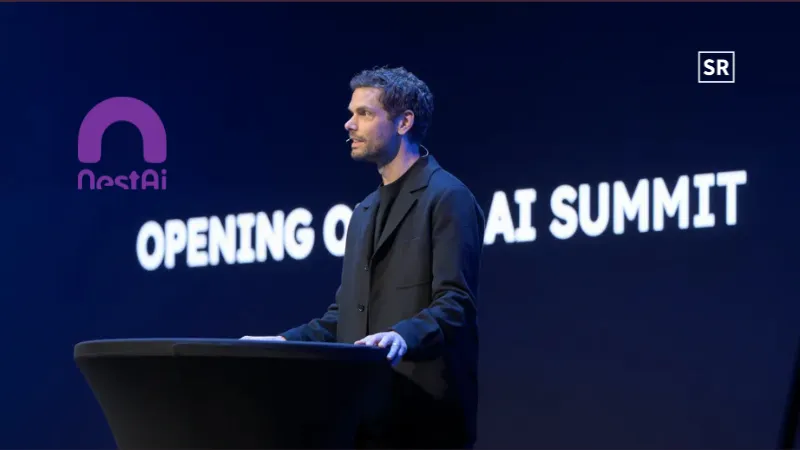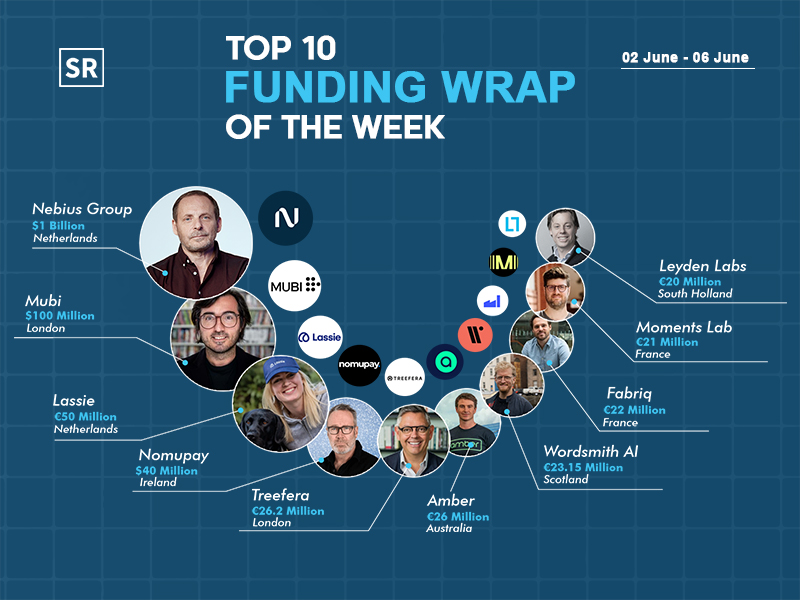
Helsinki-based NestAI, a physical AI lab, has raised €100 million ($115 million) in a funding round led by Finland’s sovereign fund Tesi and hardware giant Nokia.
SUMMARY
- Helsinki-based NestAI, a physical AI lab, has raised €100 million ($115 million) in a funding round led by Finland’s sovereign fund Tesi and hardware giant Nokia.
The funding will support the development of AI products for unmanned vehicles, autonomous operations, and command and control (C2) platforms.
NestAI, backed by PostScriptum focuses on building next-generation AI for logistics, inspection, surveillance, security and defense applications. Its AI is designed for real-world readiness and long-term resilience, aiming to shape the trajectory of physical AI and strengthen Europe’s technological edge.
As part of the round, Nokia announced a strategic partnership with NestAI to co-develop AI-powered defense solutions. Through this collaboration, Nokia’s expertise in secure AI-native connectivity, sensing and multimedia will combine with NestAI’s platforms in unmanned systems and C2 technologies.
RECOMMENDED FOR YOU

Social Links Secures €2.6 M To Advance AI Tools Combating Fraud, Scams, And Brand Misinformation
Kailee Rainse
Nov 24, 2025
Read Also - Prague AI Startup Bandits Raises €400K To Transform Business Processes
The funding will help NestAI build “Europe’s leading physical AI lab,” co-founder Peter Sarlin said at the Slush 2025 technology conference in Helsinki.
The partnership will leverage forward-deployed engineering and R&D to accelerate AI capabilities for unmanned systems, data-centric C2, and modern information and knowledge management solutions.
“In line with PostScriptum’s mission, NestAI has from the start set out to become Europe’s leading physical AI lab to drive technological sovereignty,” Sarlin told TechCrunch. “This partnership also marks an important step in securing Europe’s defense capabilities and sovereignty.”
About NestAI
NestAI, based in Helsinki, is building the next generation of AI for real-world use. Their technology powers unmanned vehicles, autonomous operations, and command-and-control systems, helping industries like logistics, security and defense work smarter and more efficiently while strengthening Europe’s position in cutting-edge AI.
Recommended Stories for You

Nagarro Global partnership news – Munich-based Nagarro Global Partnership with Marubeni Corporation
Kailee Rainse Oct 31, 2024

evroc funding news – Cloud Infrastructure Startup evroc Secures largest tech Series A in the Nordics
Kailee Rainse Mar 21, 2025

Sightline funding news – Market Intelligence Platform Sightline Secures $5.5Million in Funding
Kailee Rainse Jan 27, 2025


 Follow us
Follow us Follow us
Follow us











